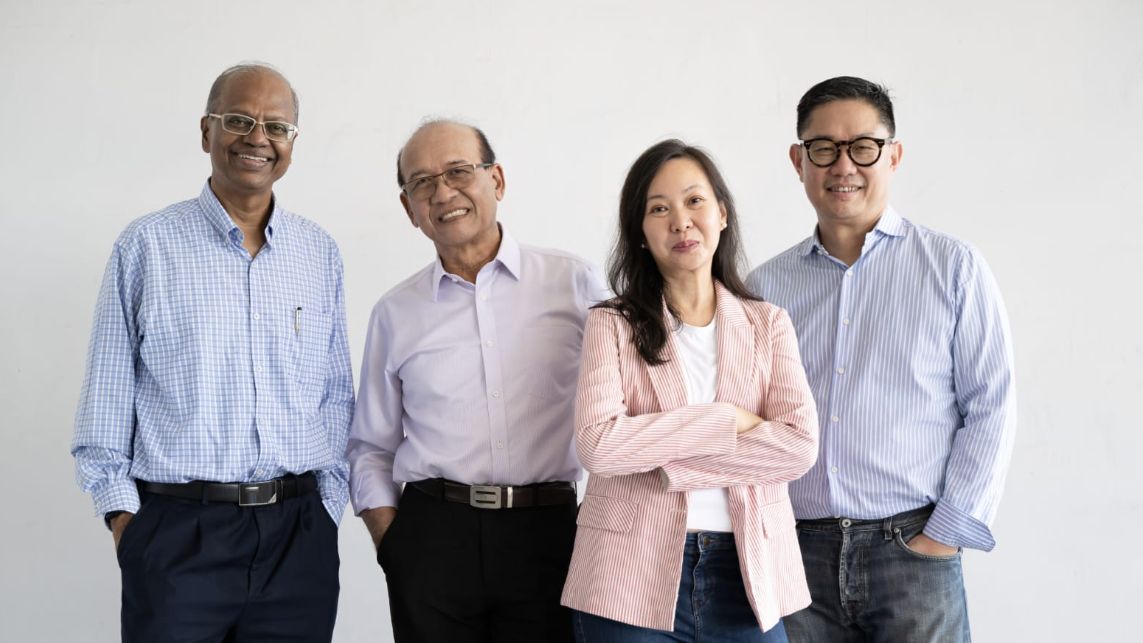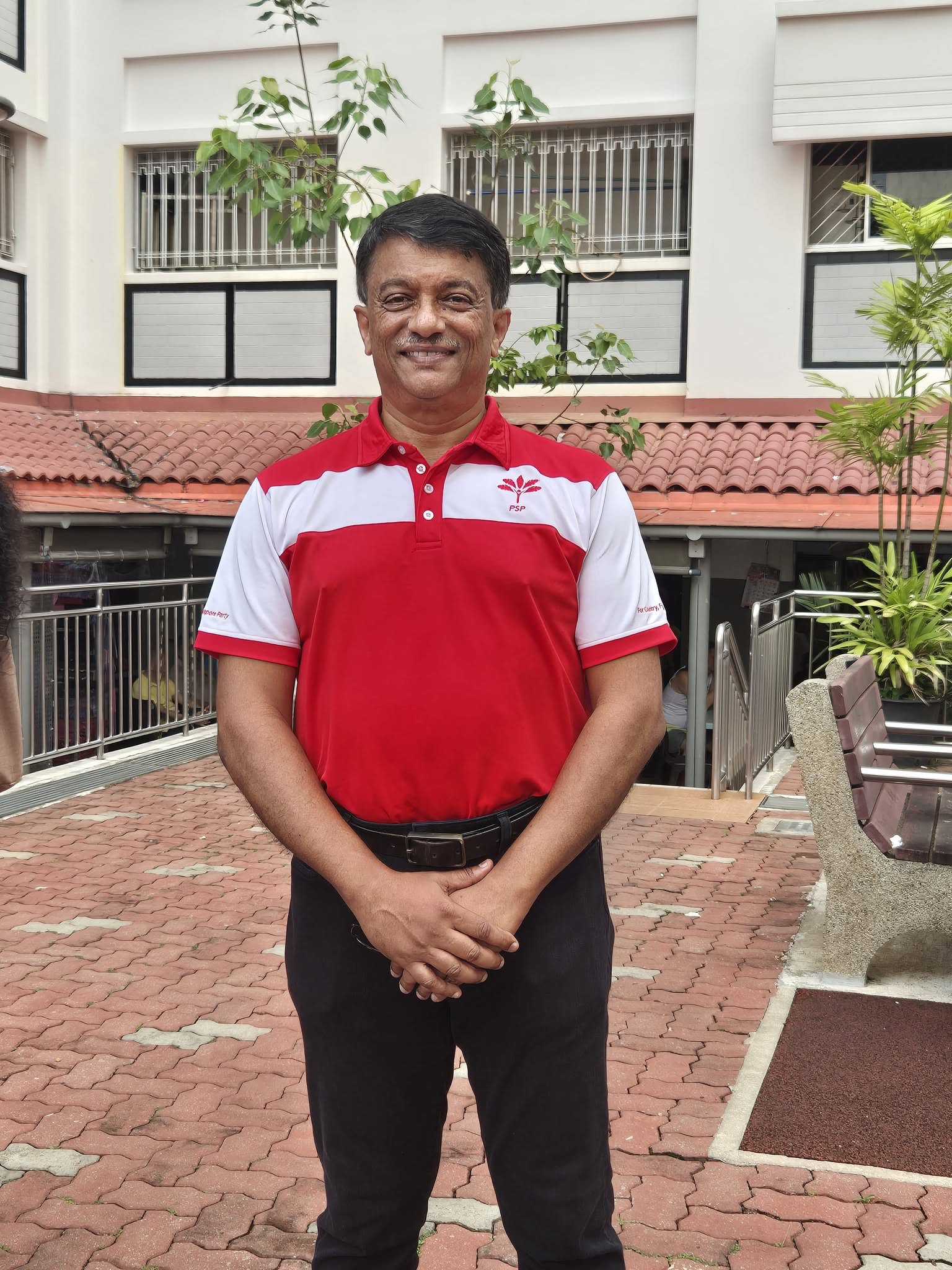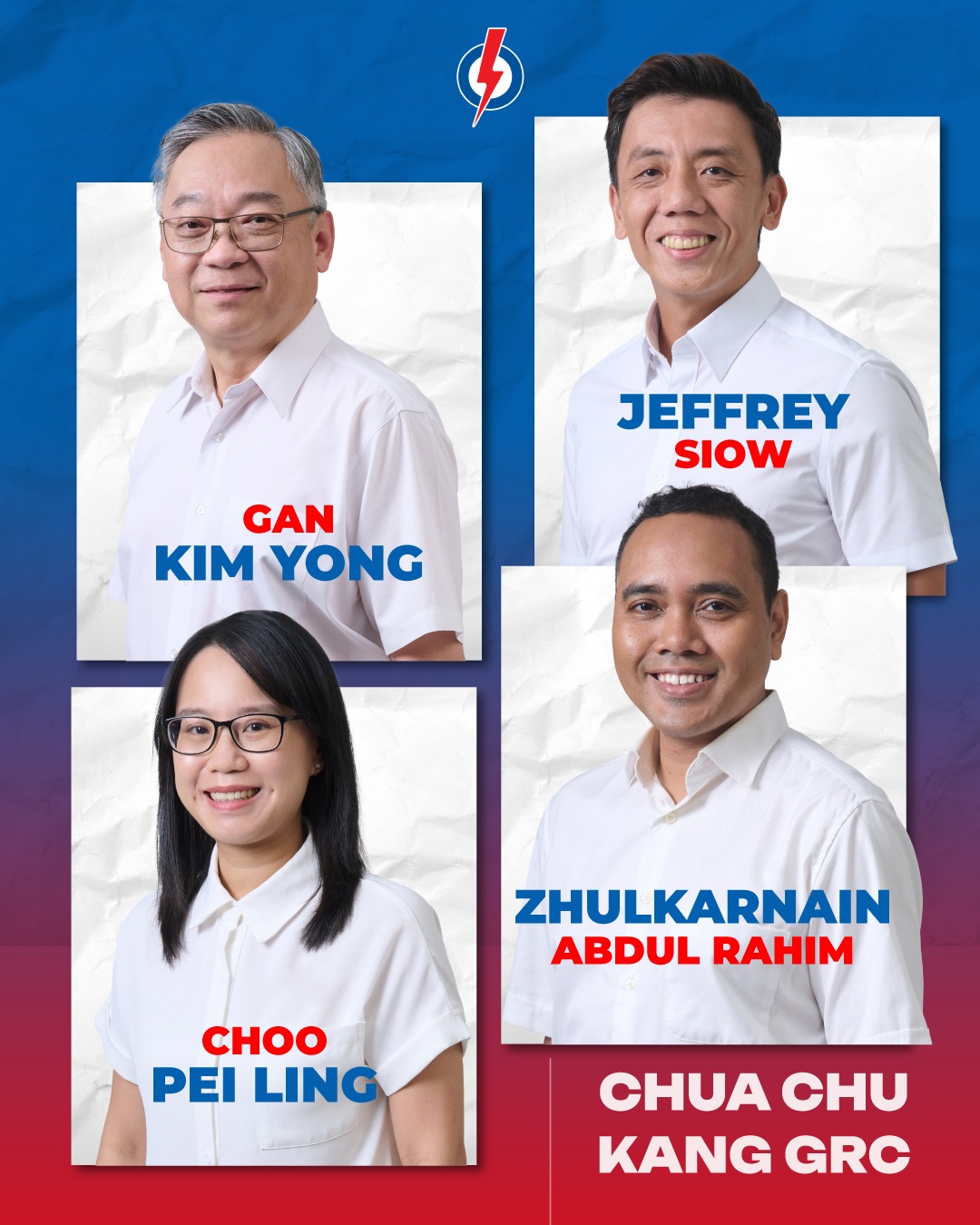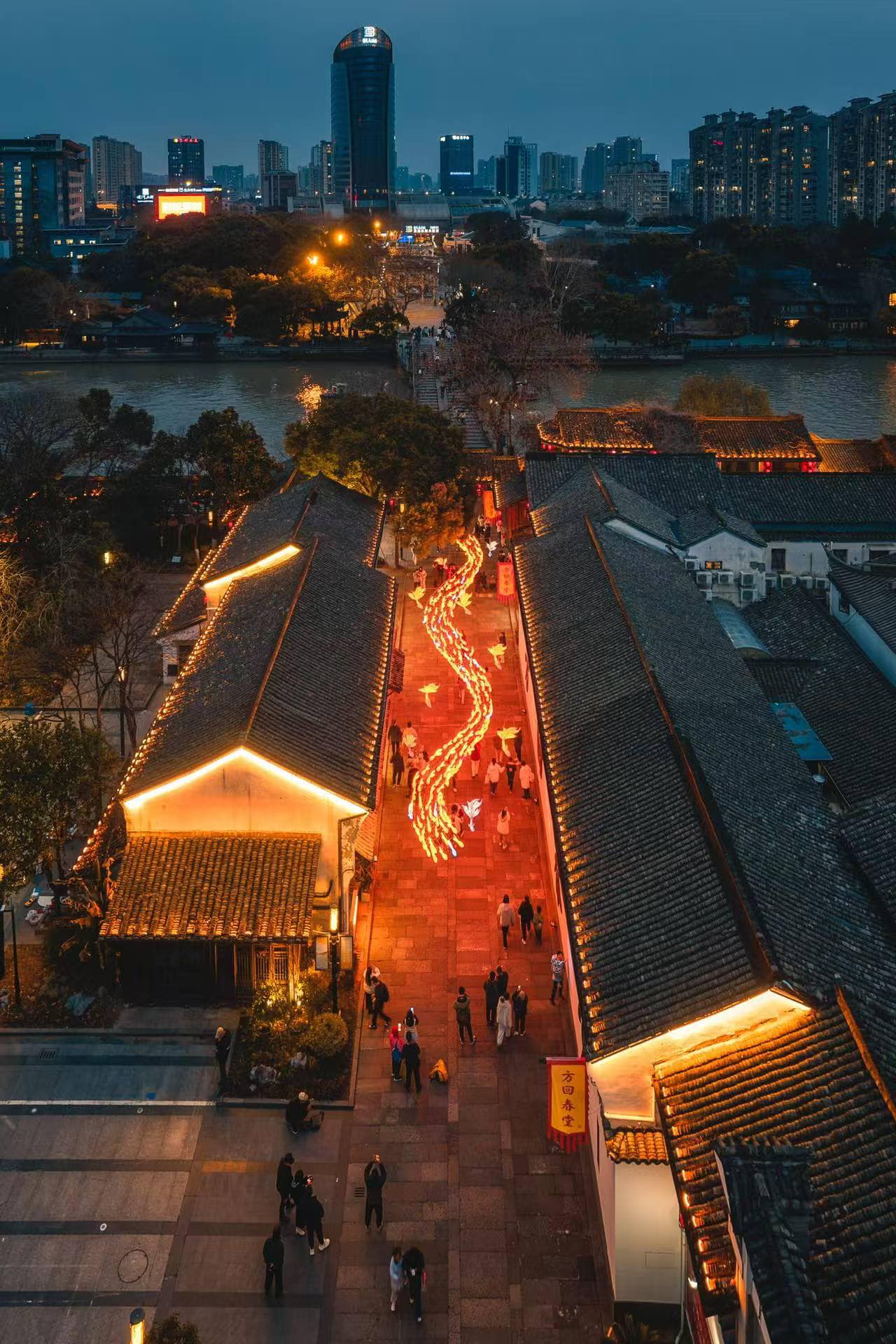SINGAPORE: A woman who has been visiting her in-laws every week is now reconsidering whether she should continue doing so after realising that her efforts to build a relationship with them have been completely one-sided.
She shared her experience on the r/askSingapore forum on Sunday (April 20), explaining that every time she visits, her younger sister-in-law does not even acknowledge her and often greets her with a “black face.” Meanwhile, her mother-in-law, being “extremely controlling,” never fails to make a comment about everything the woman does, no matter how small.
The woman also revealed that she had told her husband before they got married that she did not get along with his family. As a compromise, he had promised that she would only need to attend major family gatherings such as Chinese New Year, birthdays, or Mother’s Day. However, that agreement was not kept, and the weekly visits soon became a regular routine.
She went on to say that one of the biggest challenges is that her husband refuses to speak up to his parents, even when situations become uncomfortable. Because of this, she is often left to defend herself during tense interactions.
Now feeling emotionally drained and increasingly anxious about each visit, she turned to Reddit for advice.
She asked, “Is it ok to just see them occasionally and not every week? I’m not sure if I should still visit my in-laws every week, as I’m always dreading it.”
“It’s okay to not see them all the time.”
The woman’s post sparked a wave of responses from the online community, with many agreeing that it’s perfectly valid to distance oneself from toxic in-laws, especially when the relationship becomes emotionally draining and one-sided.
One commenter said, “Yes, please, it’s okay to not see them all the time. I had the same issue, too; my parents aren’t happy with the in-laws as well.
We had a huge argument, and my husband had to step in. I really think my in-laws are expecting too much; they want to be treated like a king and queen. Like, come on, what year is it already?”
Another shared, “I’ve been in your situation before. I tried to convince myself to stay, but in the end, it was also the very reason that made me leave him, because the mental load became unbearable. I’m not encouraging you to leave, but as females, we need to protect ourselves.”
Some users also took aim at the woman’s husband for his lack of involvement in resolving the issue. One wrote, “So where is your husband in the middle of all of this? If you tried to discuss it with him, but he doesn’t acknowledge the problem and just runs away and doesn’t do anything, [there’s a] high chance that he is just another spineless mummy’s boy.
It’s his job to proactively defend and protect you from his own family, not just stand on one side meekly while he watches his own mum bully his own wife. You really want to be with such a husband, meh?”
Conflict with in-laws
Ginger Kolbaba, an award-winning author, editor, and speaker, suggests that when it comes to handling conflicts with in-laws, setting boundaries is essential. She advises that if your in-laws are behaving in ways that are uncomfortable for you, it’s best not to escalate the situation with a tantrum or by allowing emotions to take over. Instead, talk things through with your spouse, and together, figure out some healthy boundaries. Once you’ve agreed on them, communicate those boundaries clearly with your in-laws, and stick to them as a team.
Kolbaba also encourages maintaining a calm perspective when your in-laws offer their opinions. Ultimately, these are just opinions, and you are not obligated to agree with them or even follow them. Most importantly, she emphasises the value of kindness, even during tense moments. Kindness goes a long way, and it helps you maintain your own peace of mind while navigating tricky family dynamics.
Featured image by Depositphotos (for illustration purposes only)























